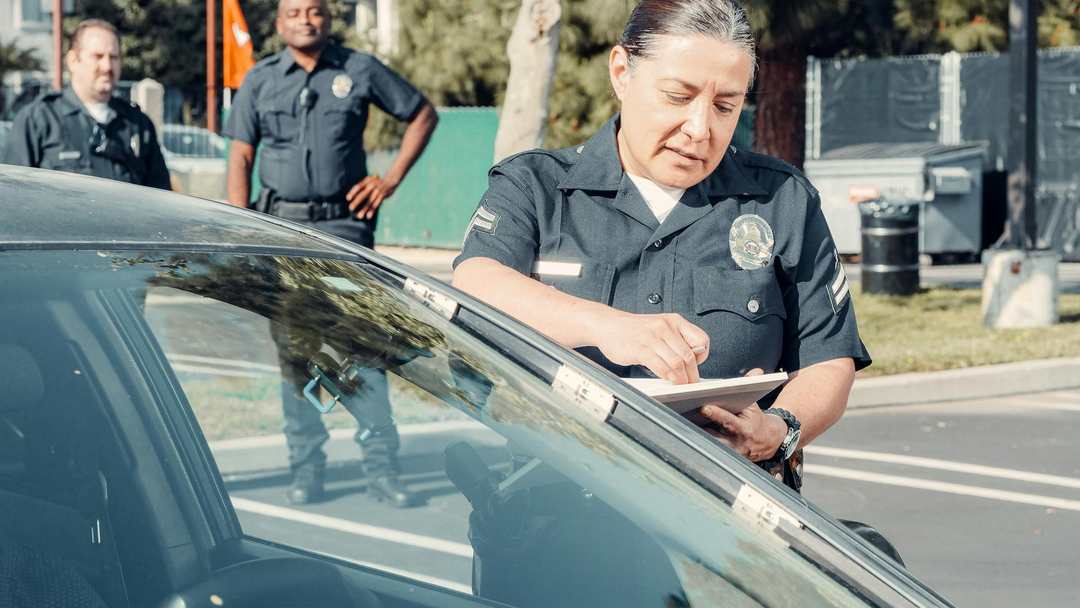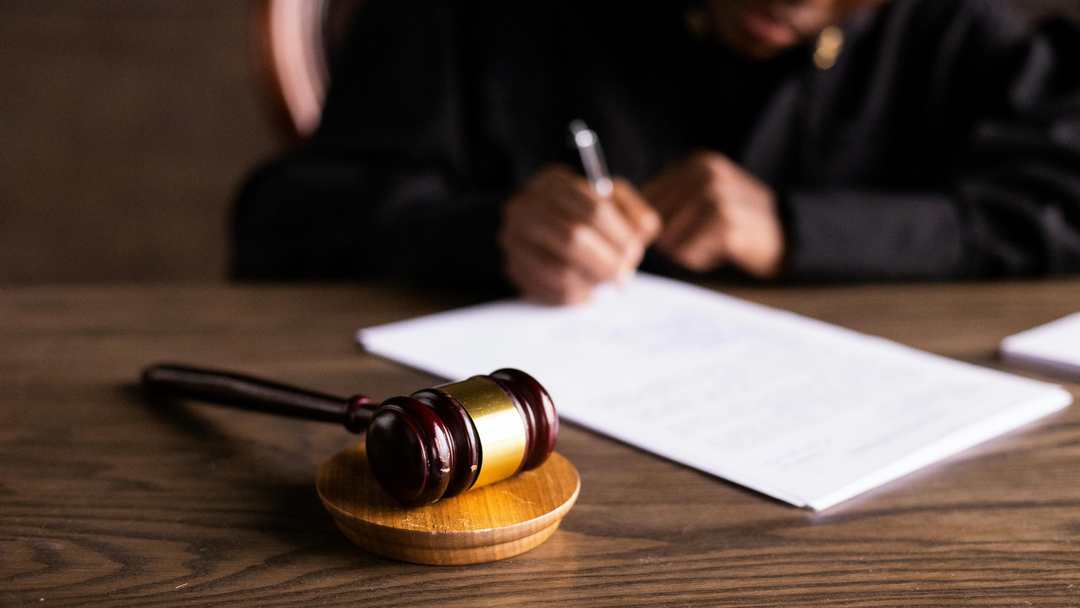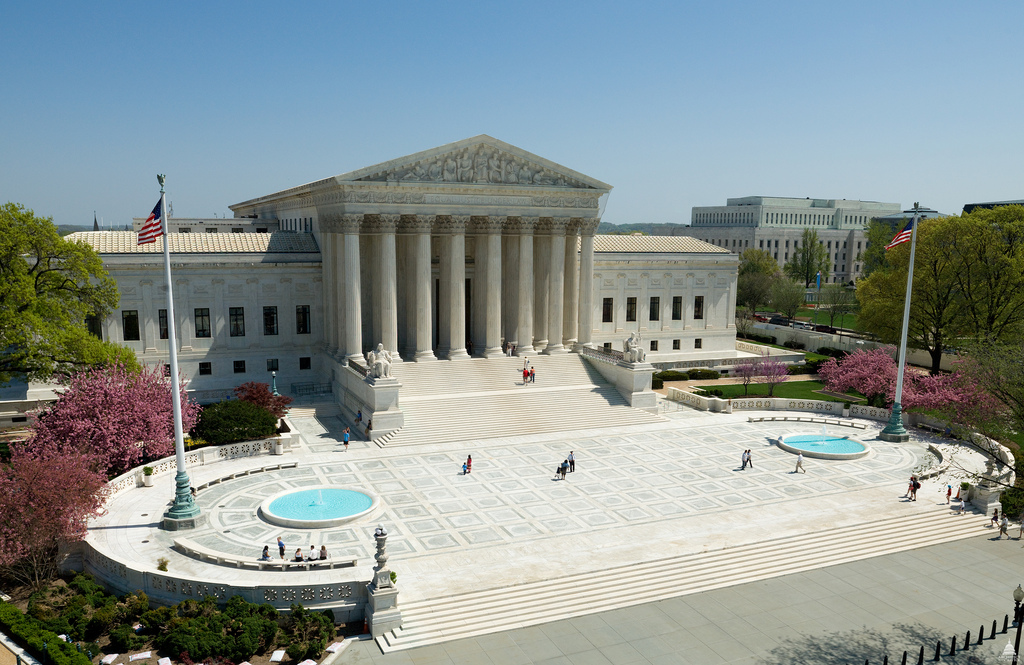The decision underscored the principle that only activities that are essential and directly related to an employee’s primary job responsibilities are subject to compensation.
In a recent decision by the Supreme Court of the United States (SCOTUS), Starbucks received a favorable outcome in a significant labor dispute. The case centered around Starbucks Corporation v. Superior Court of Los Angeles County (Dana Zelman, et al.), a class action lawsuit involving California employees seeking compensation for off-the-clock work.
Background of the Case: The lawsuit was initially filed by former Starbucks employees who alleged that the company violated California labor laws by requiring them to perform certain tasks off-the-clock without compensation. These tasks included closing duties such as locking doors, setting the alarm, and completing paperwork after clocking out.
Legal Issues: The key legal issue revolved around whether these closing tasks constituted compensable work under the Fair Labor Standards Act (FLSA) and California labor laws. The plaintiffs argued that Starbucks’ policies and practices effectively required them to work off-the-clock, leading to unpaid wages.
Lower Court Proceedings: Initially, the Superior Court of Los Angeles County certified a class action lawsuit against Starbucks, allowing current and former employees to join together in seeking compensation for unpaid wages related to off-the-clock work. This decision was upheld by the California Court of Appeal.
SCOTUS Decision: However, the case reached the Supreme Court of the United States, which ultimately ruled in favor of Starbucks. The SCOTUS decision focused on the interpretation of federal labor law and whether the tasks performed after clocking out were integral and indispensable to the employees’ principal activities.
The Supreme Court’s ruling emphasized the distinction between preliminary or postliminary activities and the core work duties for which employees are compensated. The justices found that the closing tasks at issue—such as securing the premises—were part of Starbucks’ overarching operations but did not constitute compensable work under federal law. The decision underscored the principle that only activities that are essential and directly related to an employee’s primary job responsibilities are subject to compensation.
Implications of the Decision: The SCOTUS decision has significant implications for labor law and class action lawsuits involving off-the-clock work. It reinforces employers’ arguments regarding the scope of compensable activities under federal law, potentially limiting the grounds on which employees can claim unpaid wages for tasks performed outside of regular working hours.
Conclusion: In conclusion, the recent SCOTUS decision in Starbucks v. Superior Court of Los Angeles County (Dana Zelman, et al.) delivered a win for Starbucks by clarifying the boundaries of compensable work under federal labor law. The ruling underscores the importance of distinguishing between integral job duties and peripheral tasks when assessing claims of off-the-clock work, setting a precedent that may influence future litigation and employer practices concerning wage and hour disputes in the United States.
Legal Counsel and Your Rights
When facing legal challenges, particularly in criminal cases, it is advisable to seek legal counsel immediately.
An experienced attorney can provide guidance on how to navigate interactions with law enforcement while safeguarding your constitutional rights.
Since 1993 our expert legal defense in navigating criminal law matters and protecting your constitutional rights are what we eat for breakfast everyday.
Contact Komorn Law PLLC if you’re ready to fight and win.
Research us and then call us.
More Rights You Should Know

The “Automobile Exception” in Michigan law
The "automobile exception" in Michigan law allows police to search a vehicle without a warrant if they have probable cause to believe it contains evidence of a crime.This exception is grounded in the idea that vehicles are inherently mobile, meaning evidence could be...

The 6th Amendment – Do You Know What It Is?
The 6th Amendment: is it still a thing?The 6th Amendment to the United States Constitution is a crucial pillar of the Bill of Rights, designed to ensure fair and just legal proceedings for individuals accused of crimes. Ratified on December 15, 1791, this amendment...
Other Articles
No Results Found
The page you requested could not be found. Try refining your search, or use the navigation above to locate the post.












